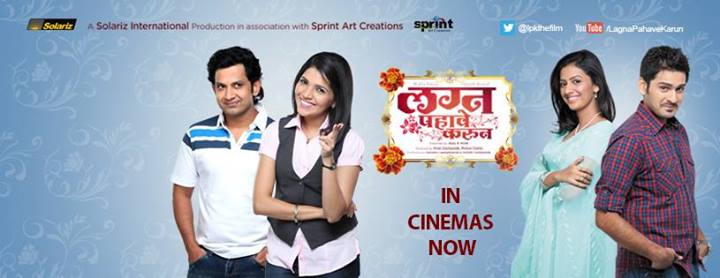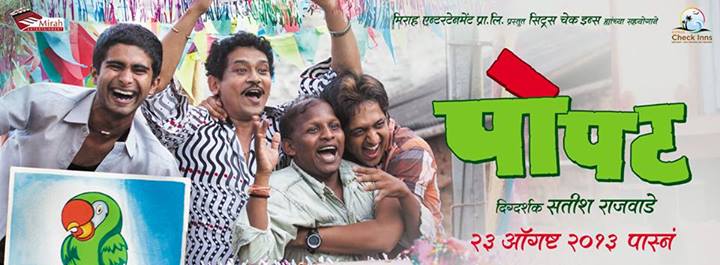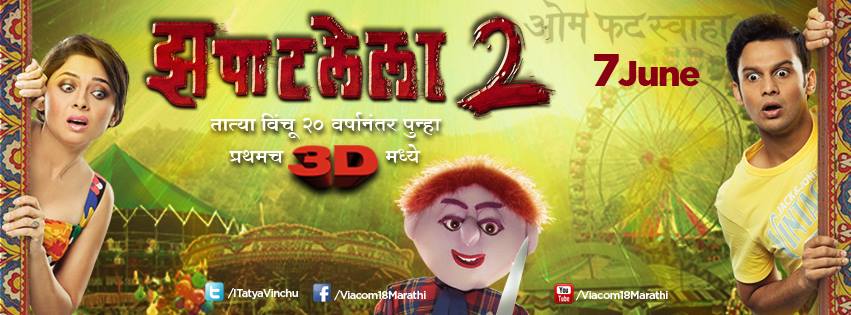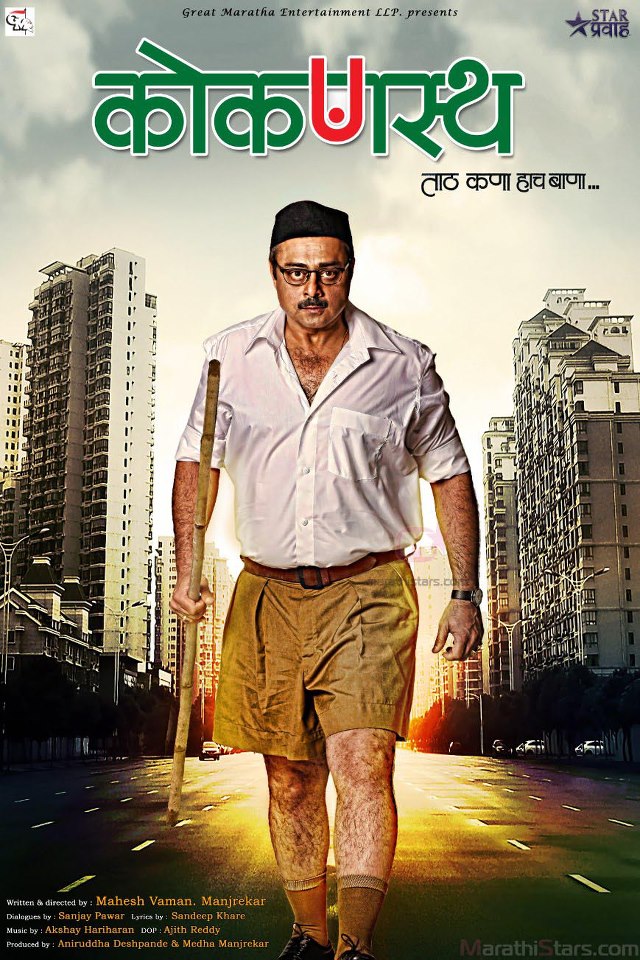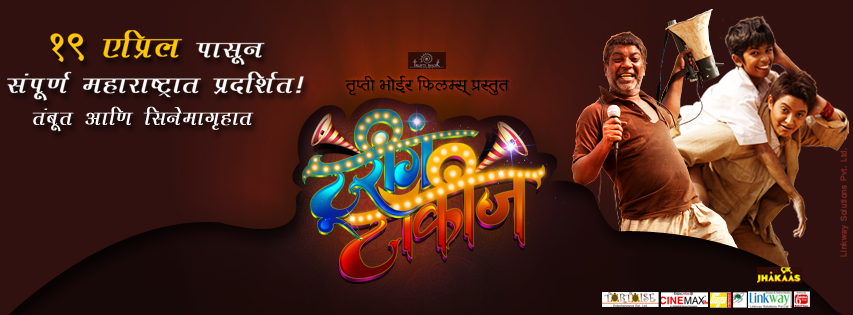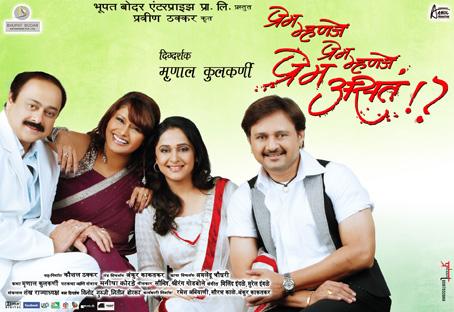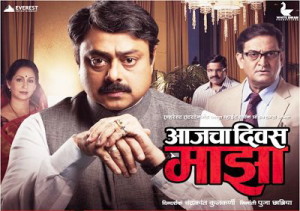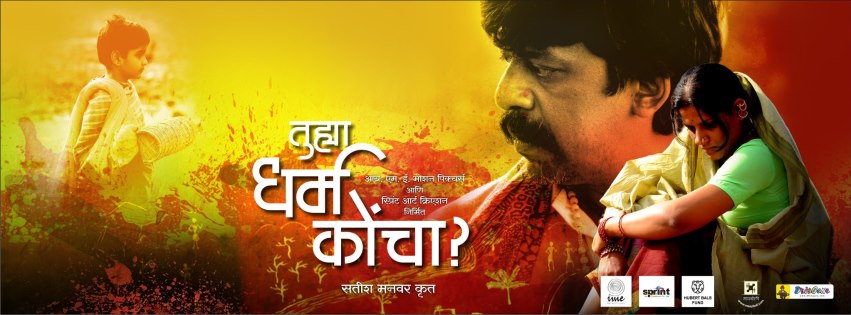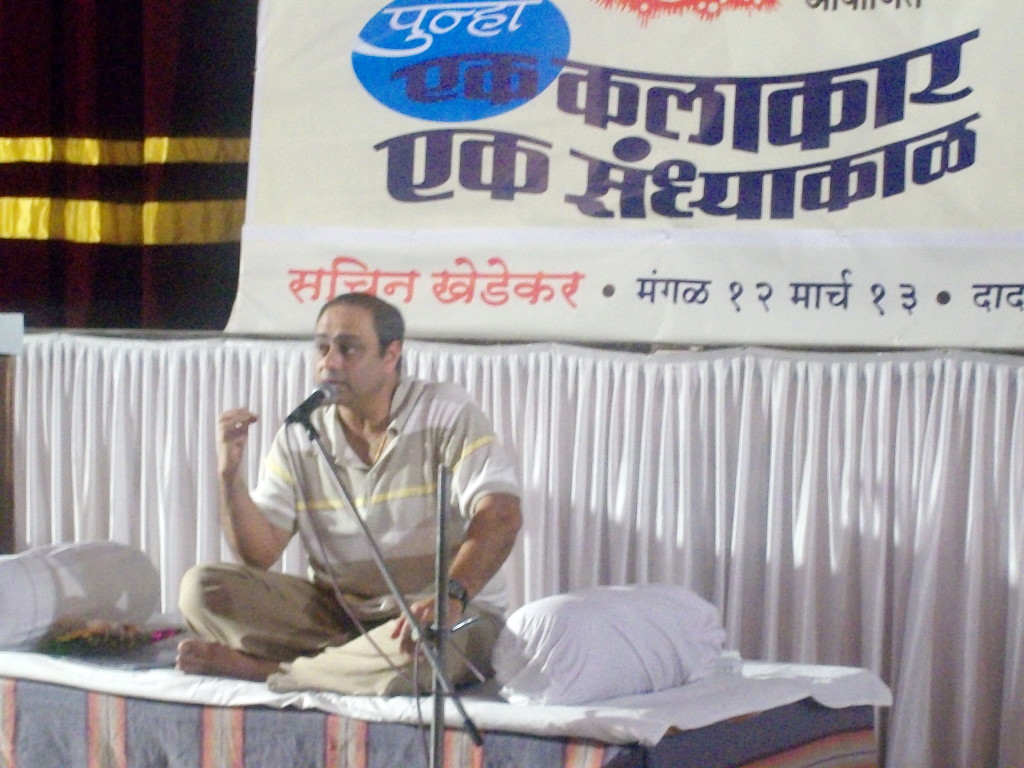Director: Ajay Naik
Producers: Solariz International and Sprint Art Creations
Writers: Kshitij Patwardhan and Sameer Vidwans
Cast: Umesh Kamat, Mukta Barve, Sidharth Chandekar, Tejashri Pradhan, Swati Chitnis
Music: Ajay Naik
Genre: Romance
Rating: * * * ½
By: Keyur Seta
Story Outline: Nishant Barve (Umesh Kamat), who works in the U.S, returns home in Pune on a short break to marry a girl chosen by his mother through a marriage bureau headed by a lady (Swati Chitnis) strictly believing in horoscopes. While on leave, Nishant loses his job in the US. The news exposes the true face of his to-be wife and he breaks up with her. Nishant, who always was a disbeliever in horoscopes and other such things, insults the head of marriage bureau and rubbishes off her profession.
He comes across a stranger Aditi (Mukta Barve) who slowly becomes a friend. Aditi is eager to start a unique marriage bureau. Impressed by Aditi’s determination, Nishant agrees to be her partner in the venture. Everything goes smooth for Aditi and Nishant, who also start developing feelings for each other. Their bureau also tastes its first success through the marriage of Rahul (Siddharth Chandekar) and Anandi (Tejashree Pradhan). But the business partners face a big hurdle in the form of the head of the rival marriage bureau, whom Nishant had insulted.
Review: Most of the modern day Hindi film love stories cannot be enjoyed by the entire family due to various obvious reasons. But that is not the case with Marathi cinema these days. No doubt, films like Shree Partner, Premachi Goshta and Time Please were new age romantic films but they also maintained a fine balance between modernism and traditions. This legacy of appealing yet clean love stories is continued with debutant Ajay Naik’s Lagna Pahave Karun.
The film surely has the boy-meets-girl saga but like all intelligent love stories, it doesn’t appear filmy and has a good flow and realistic touch to it. A mixture of wit and emotions in the dialogues keep you engrossed throughout.
But what truly sets this love story aside is the background of marriage bureau and the rivalry born out of it. This topic is hardly explored before. On a personal note, my hatred towards marriage bureaus has diminished after witnessing the working of the one explored here.
But the closing moments stop the film from being truly exceptional. Although the climax is heartwarming, it could have been presented in a better way. But what is more questionable is not including a triumphant scene between Nishant and the owner of rival bureau, for which there was every scope. This would have surely generated applause. Nevertheless, these points don’t reduce your overall satisfaction much.
Naik’s soulful compositions are placed well and suit the need of the film. The camerawork is impressive and so is the background score. The editing should also be lauded for keeping the length of the film inside two hours.
Like every love story, performances play a key role here too. Umesh Kamat once again gets every emotion right and provides a lovable act. Mukta Barve too deserves similar praise for her impressive performance. Siddharth Chandekar and Tejashree Pradhan play a troubled couple aptly. Swati Chitnis succeeds in providing the antagonistic effect very well. The rest of the supporting cast fits the bill.
Overall: Lagna Pahave Karun is yet another mature love story of the year.
